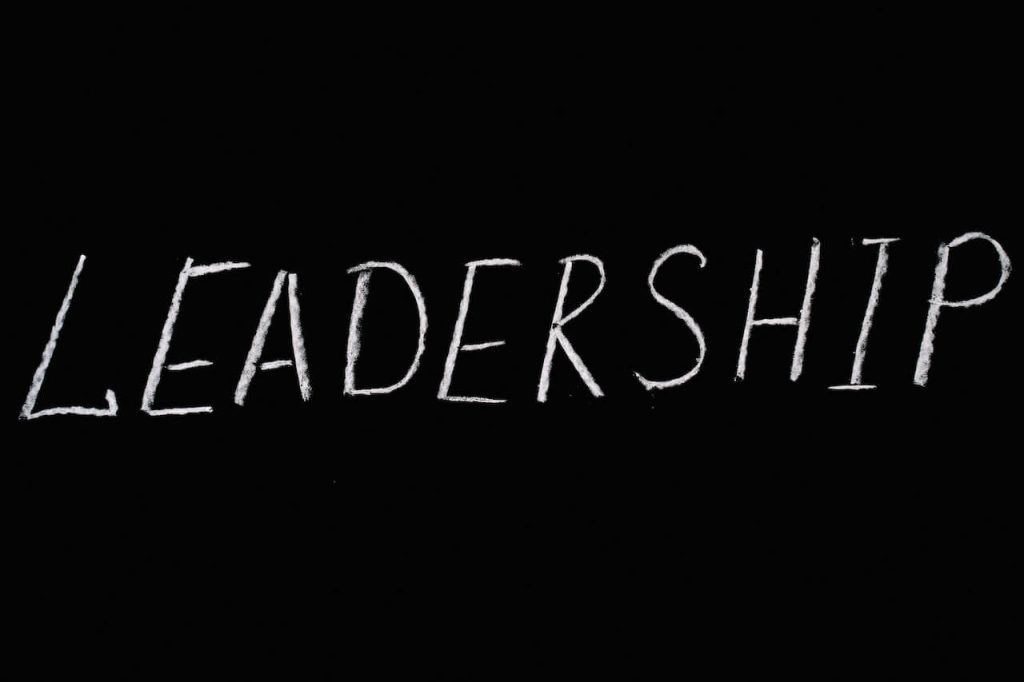We need a new leadership paradigm: from the opportunist (who is self-oriented, aiming to win in any way possible), the expert (who is task oriented), or the achiever (who is ambitious & results oriented) to a new type of transformative leader: A leader who is able to generate not only organizational change but also personal & social change – and has a profound impact to the way people think and act. This altro-centric leader has a strong strategic AND a “moral” compass.
The truth is that we all want to be successful: As leaders, professionals, parents. At work, for example, we want to “conquer the world”, hit our targets, build great products, be competitive, famous, profitable and enjoy economic rewards.
However, success on its own is not enough. The personal journey is also about fulfilment, a deeper sense of happiness. It’s about finding our best. Serving the world, embodying moral qualities, and finding our inner voice, our soul – why things exist. It’s about service, love, being “good”. Great leaders, like good parents, or teachers, are deeply committed to help others “find their north star” and become truly happy. For them, it’s NEVER about them, it’s always about the other people…
This is the essence of personal transformation, a long-term journey that is governed by acute self-awareness: From clever self centered creatures, looking after our interest to being deeply caring and purposeful.
Yet, we still nurture the success / achievement model. We are taught more how to pass the exam, earn better grades, win a project, get the next promotion or pay rise, instead of cultivating the virtues of being authentic, compassionate or vulnerable… We are taught to be smart but are we really taught to be wise? And how do you develop this “depth” that goes with profound spiritual presence, moral commitments?
Today, many organisations are still trapped in a traditional command and control/ high achievement / individualistic / transactional culture… where it’s all about winning the next race! However, there is a fundamental shift under way- towards cultures of empowerment to boost employee motivation & wellness, where stakeholders replace shareholders as primary purpose. It is time to replace the “utilitarian logic” with a deep commitment to embedding human values in the work place…
For leaders, this means that the journey should start with articulating a PURPOSE of how they can improve people’s lives – customers’, employees’, partners’ and society’s as a whole. And then leaders have to lead by their example, which is all about their CHARACTER – which is about responsibility, integrity but also compassion and forgiveness – the essence of being “good”.
And here is the best news: There is significant positive correlation between „character” and business performance. Good companies, with Good Leaders, do WELL!
What does all this mean for leaders? First, focus more on building character – not only skills. Focus on the BEING (people’s mindsets, beliefs, attitudes) not just on the DOING (tasks, goals & actions).
Leaders should embed positivity in the daily experiences of their people. They should help people realise and maximise their potential, instead of fixing problems. (Think of applying the 5:1 magic ratio of positive appreciation and praise compared to critical/negative feedback…). Real leaders can help others find their ‘own voice’, and experience transforming love for something or someone that mattes to them. They ‘de-center’ from themselves, and show radical humility. And they cultivate a mindset of unconditional love and care. To build trust, a leader has to give FIRST, in order to receive…
This transformation journey is challenging and bumpy, it takes time and courage, but it is deeply rewarding and fulfilling in living a good, meaningful life…
For us leaders, this is our next frontier – we have great, talented people, with amazing qualities and eagerness to learn – we should nurture this amazing talent and give them generous support and development, starting early from our educational systems, but also assuming our full responsibility as PEOPLE leaders in our organisations.



